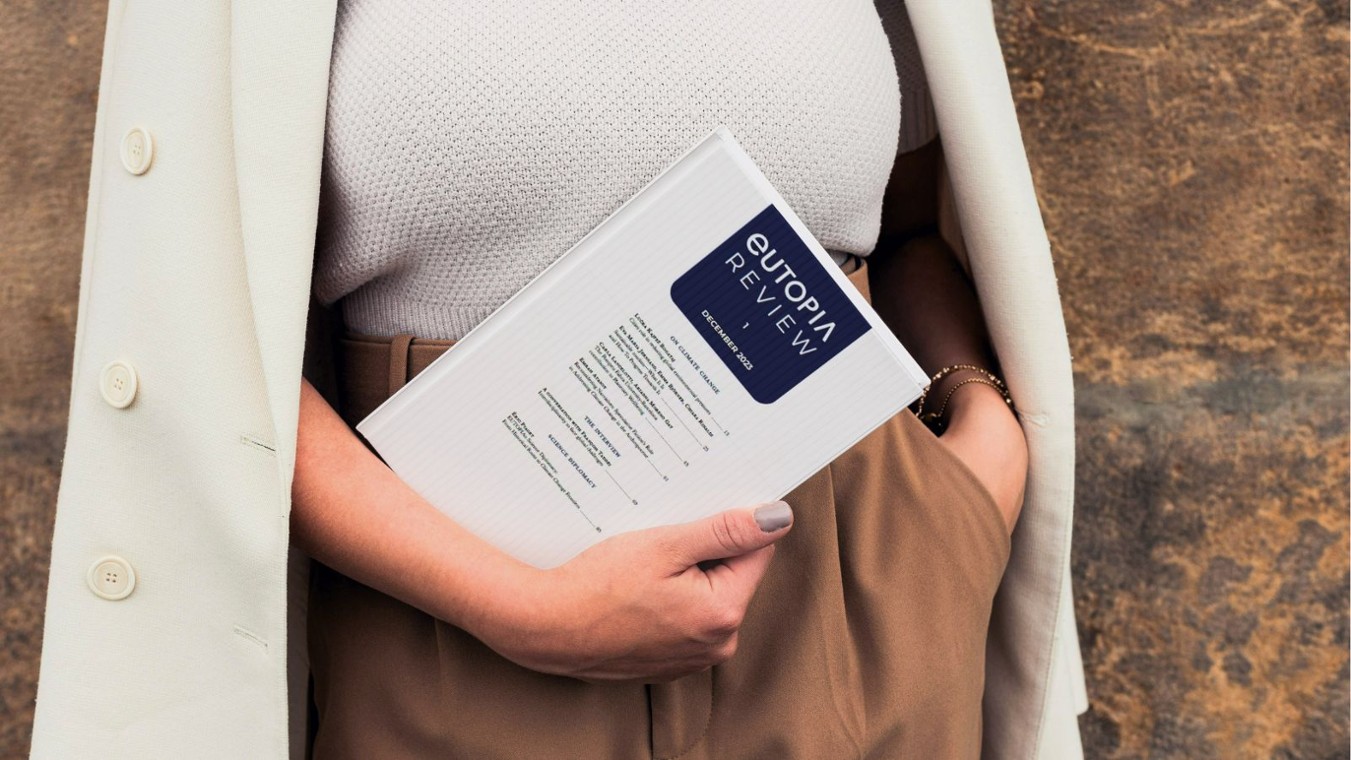
Go to content Navigation Direct access Connection

You are here :

Over the past two centuries, reviews have significantly shaped Europe’s cultural and intellectual landscape. These publications have provided a platform for cultural dialogue, original thinking, and trans-frontier collaboration, leaving an enduring legacy on European thought and discourse.
Although social media channels and streaming platforms emerged as dominant forms of communication in contemporary society, there is still a significant place for reviews in shaping an intellectual debate. They remain an original component of contemporary cultural life in Europe. Social media and streaming audiovisual channels provide unprecedented access to daily shortened information and misinformation; EUTOPIA bets for length, depth and rigour to provide a nuanced and critical analysis of issues understood in their complexity. Intellectual reviews help counterbalance an increasingly divisive public discourse.
The EUTOPIA Review is also a place to showcase renewed and creative ideas and to provide a space for discussion while facilitating collaborative, cross-disciplinary and research-based approaches. Bringing together voices across Europe and the world will give a perspective on critical issues and contribute to shaping the European policymaking process. In areas such as humanities, science and technology, where abrupt shifts often present complex ethical and societal challenges, the publication could help bridge the gap between theory and practice.
The EUTOPIA Review also aims to promote greater collaboration between our ten universities and six global partners, growing a more engaged, vibrant intellectual community by encouraging a sense of shared identity and expertise. We aim to publish high-quality, original research and scholarship focusing on interdisciplinary collaboration and innovation. We seek to facilitate a broad range of perspectives and voices, with scholars and researchers from different countries and cultures working in various languages and academic traditions. The review will prioritise articles that reflect academic excellence, rigour, and originality standards. It will also encourage contributions that challenge established disciplinary frontiers and seek to break new ground regarding theory, methodology, or empirical analysis.
The EUTOPIA Review combines essays on different topics, interviews, and articles dedicated to science diplomacy as one of the main tools of our international cooperation.
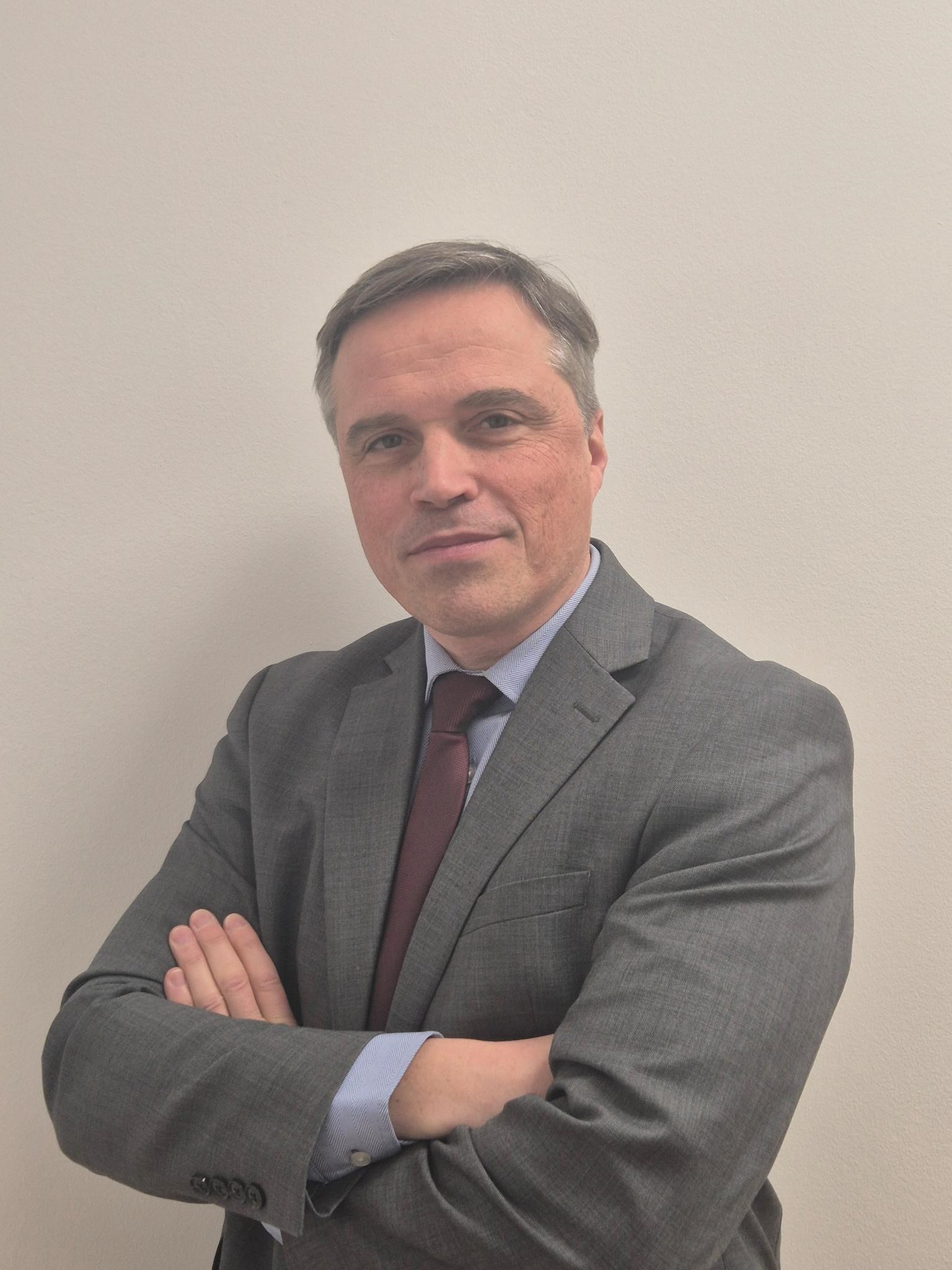
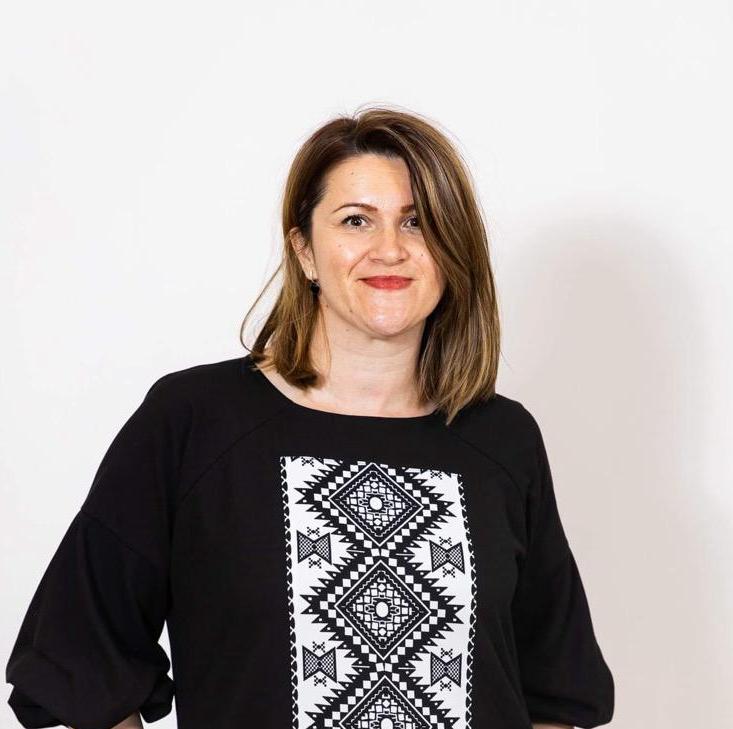
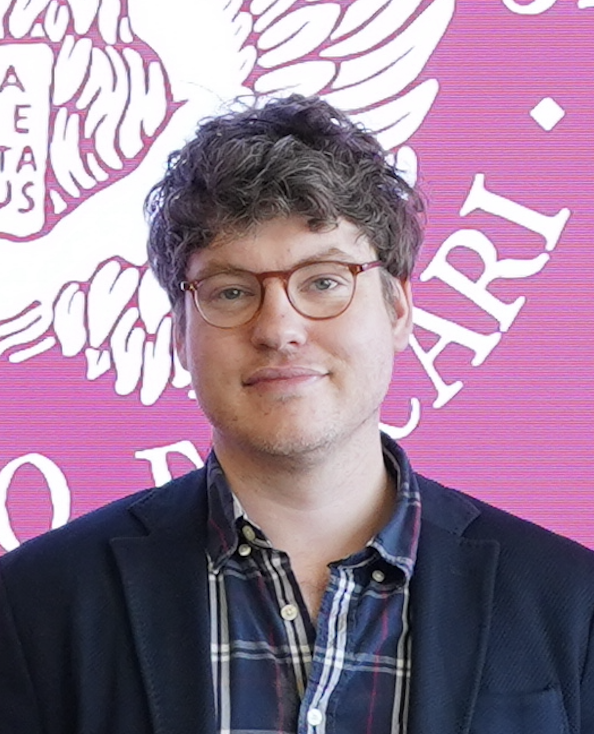
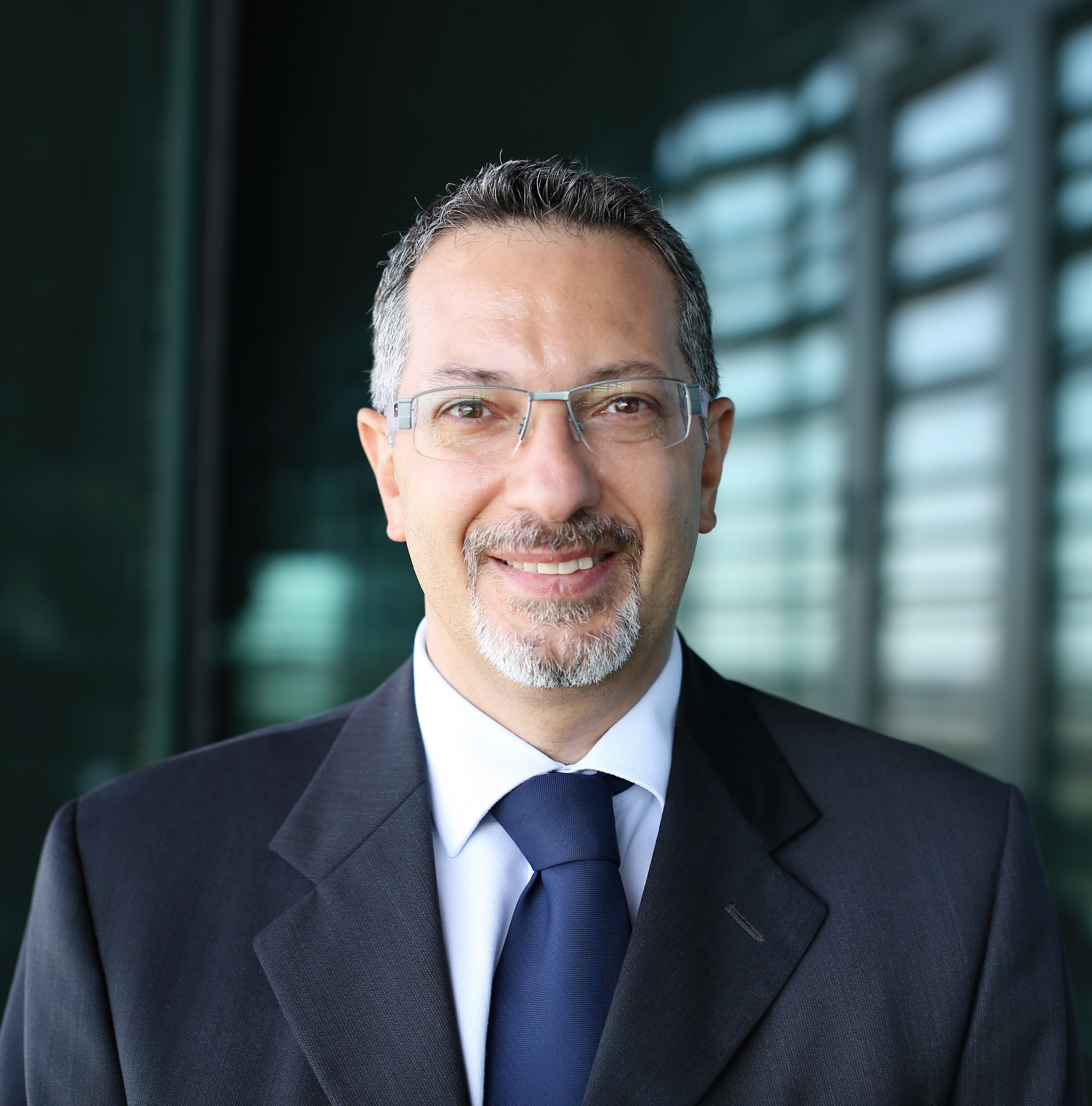
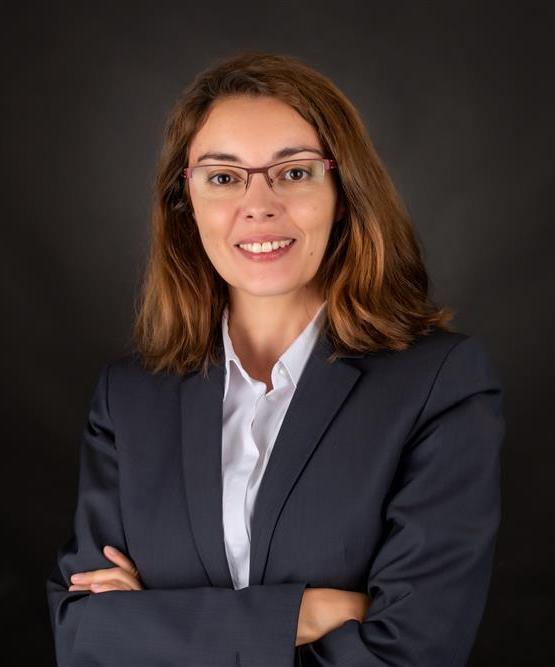
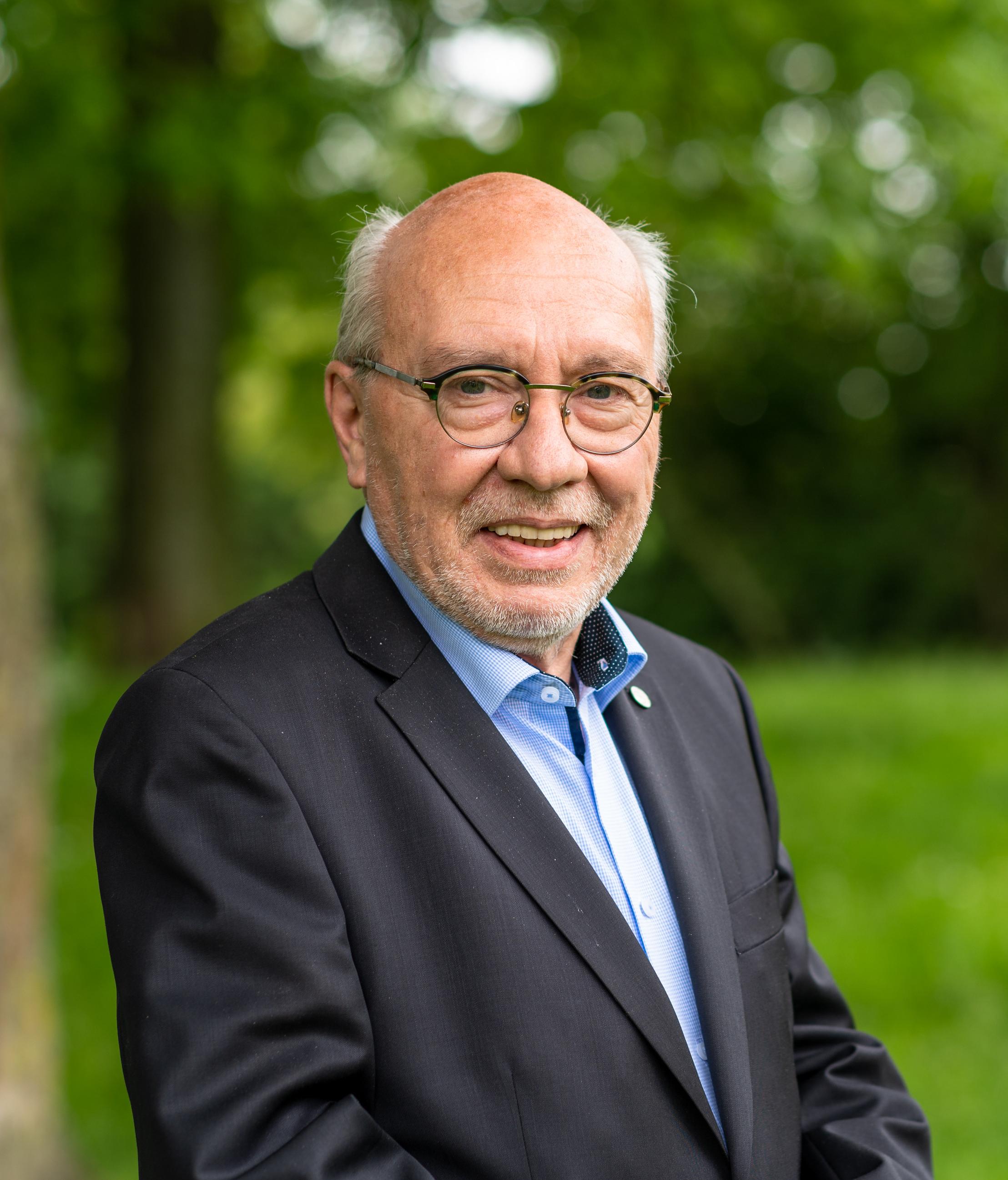

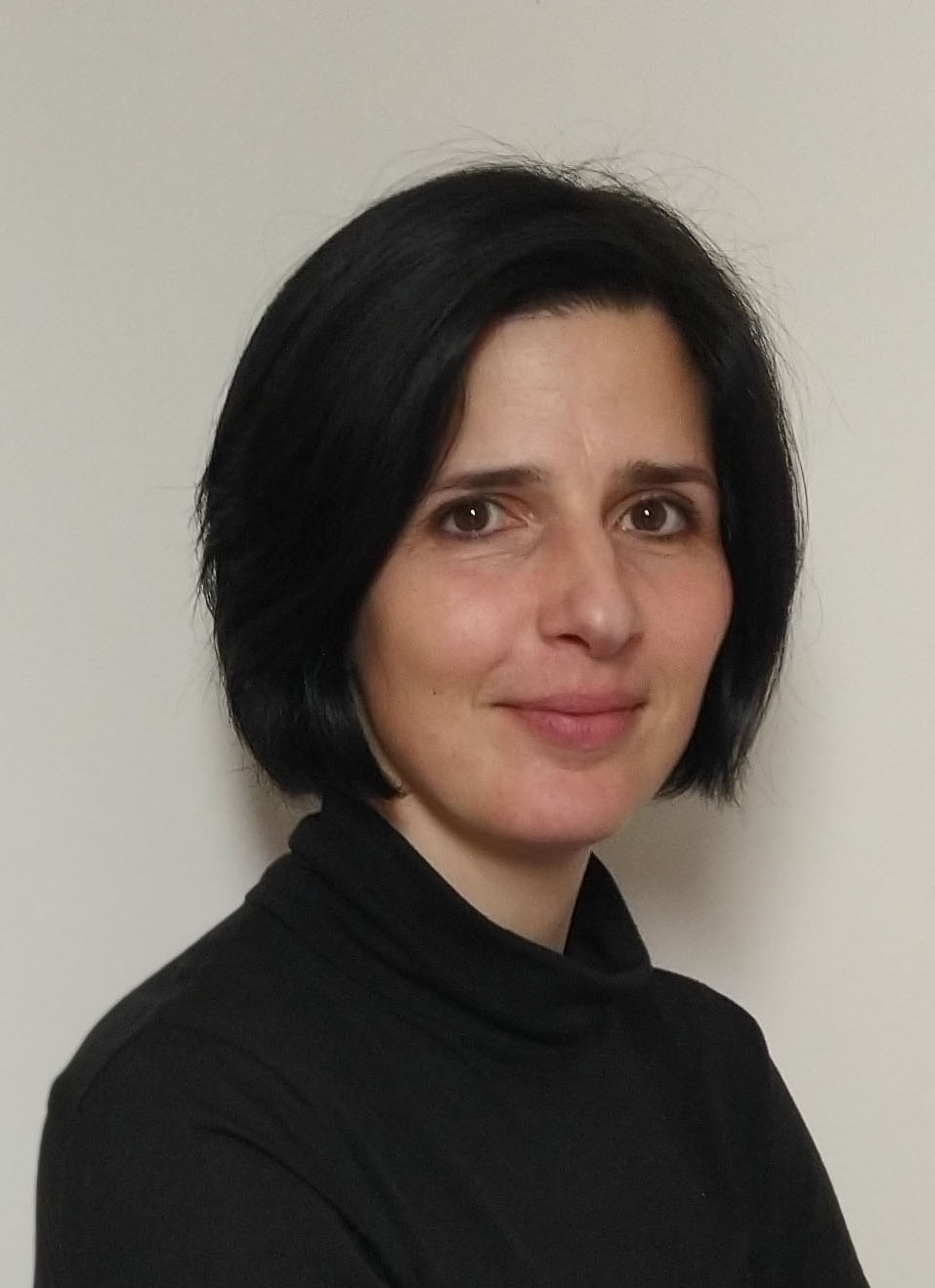
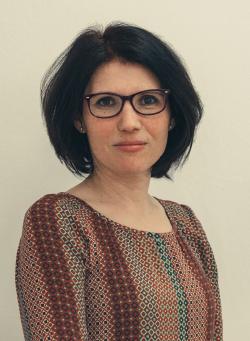
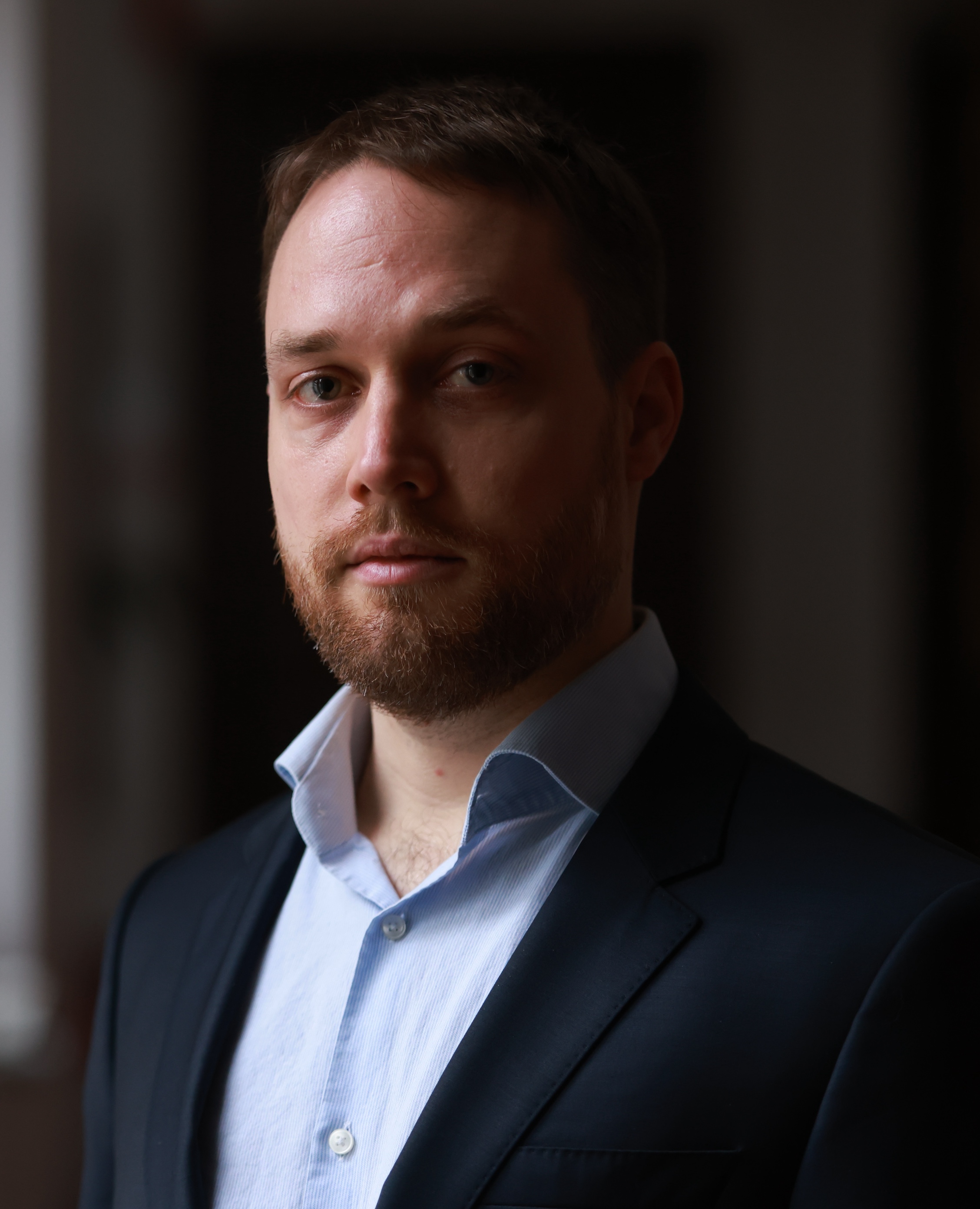
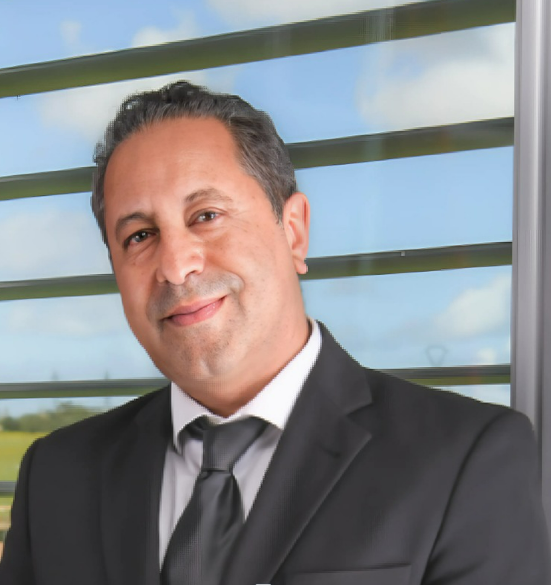
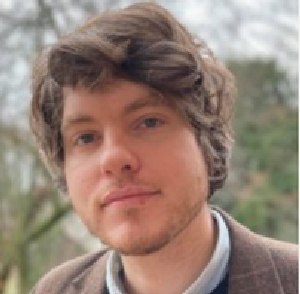

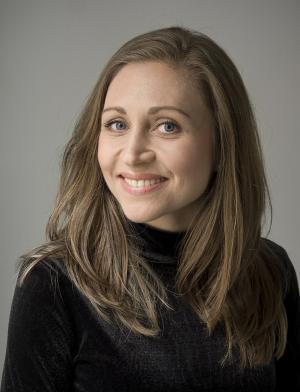
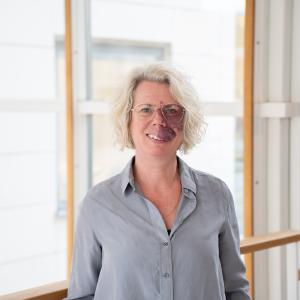
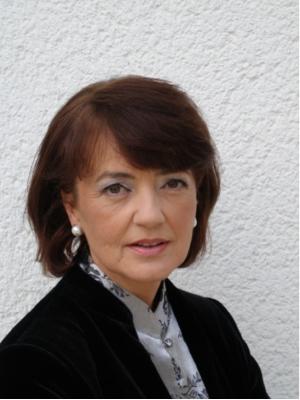
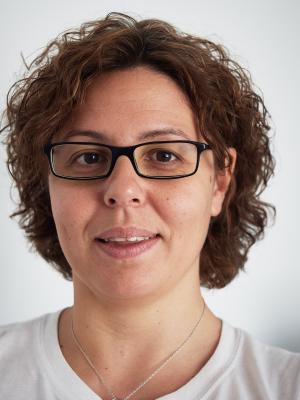
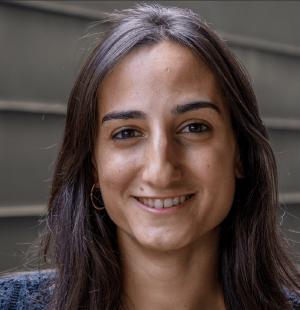
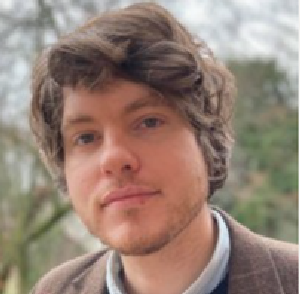
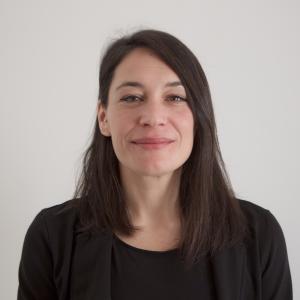
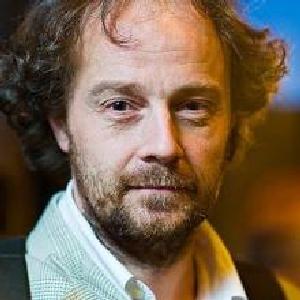
Publishing director
Balint Marko, Vice-Rector, Babeș-Bolyai University
Deputy publishing director
Luciana Radut-Gaghi, Vice-President, CY Cergy Paris University
Editor-in-chief
Armando Uribe-Echeverría, Head of the EUTOPIA Impact & Dissemination Unit
* * *

EUTOPIA MORE is co-funded by the European Union under Grant Agreement No. 101089699. Views and opinions expressed are, however, those of the author(s) only and do not necessarily reflect those of the European Union or the European Education and Culture Executive Agency (EACEA). Neither the European Union nor EACEA can be held responsible for them.

